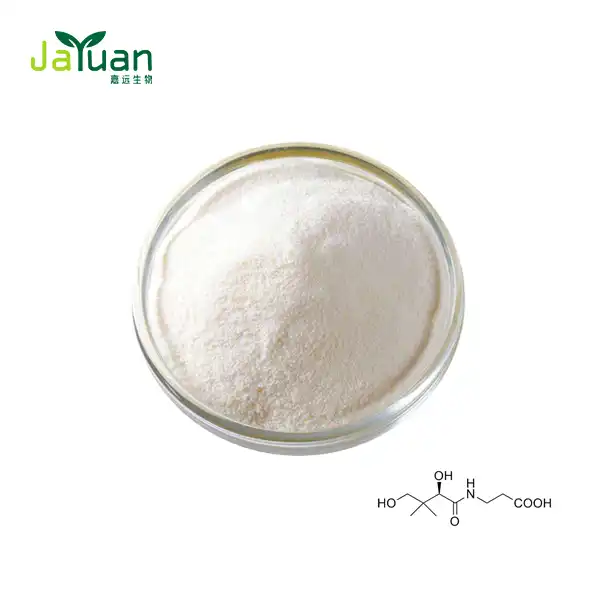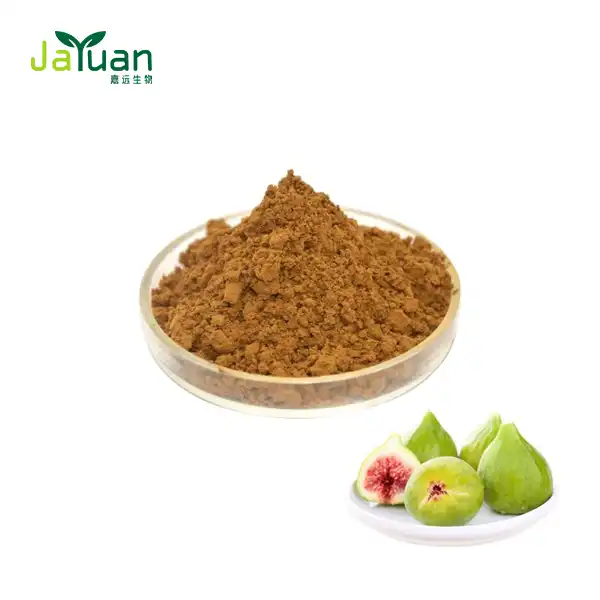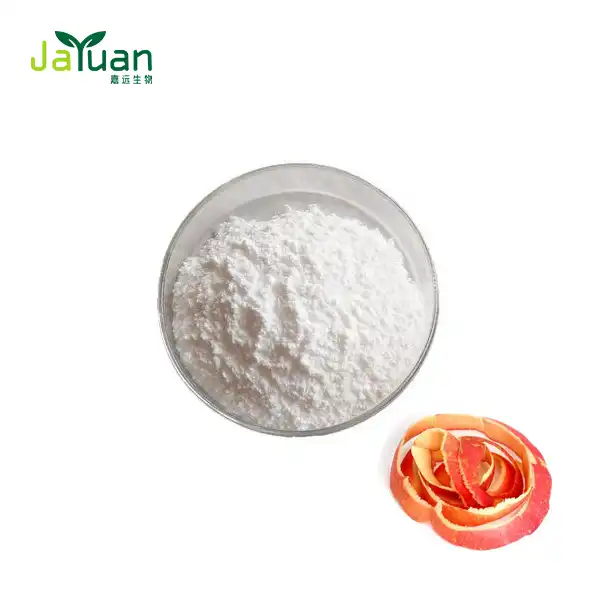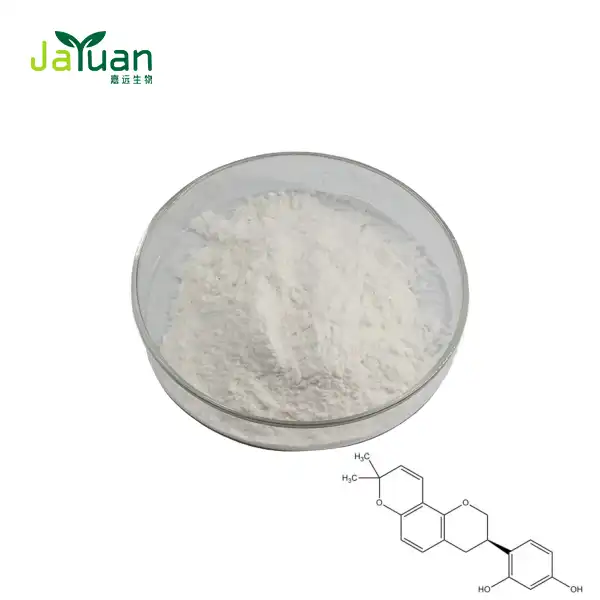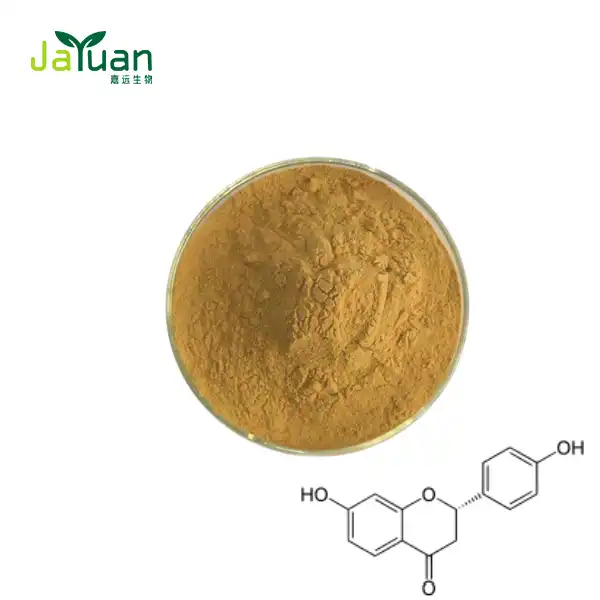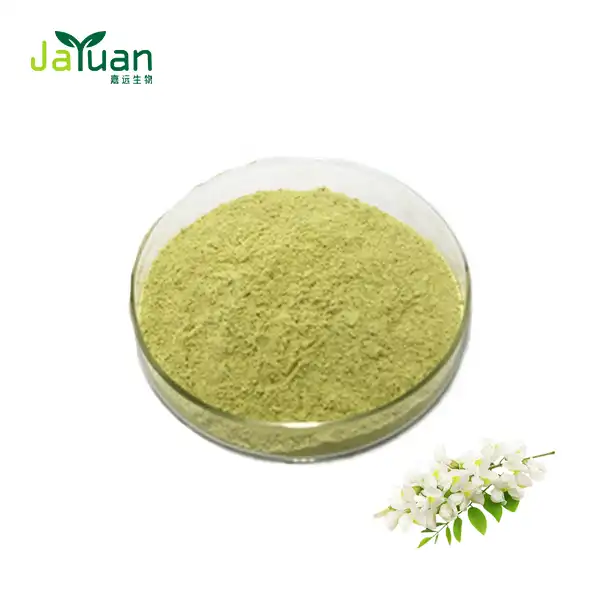Why is yacon powder considered a low-glycemic alternative?
In the quest for healthier sweetening options, yacon powder has emerged as a promising contender. This natural sweetener, derived from the yacon root, has gained popularity for its potential to offer sweetness without the blood sugar spikes associated with traditional sugar. But what makes yacon powder stand out in the crowded field of sugar alternatives? Let's delve into the science behind yacon's low-glycemic properties and explore why it's becoming a go-to choice for health-conscious consumers.

How Yacon Powder Affects Blood Sugar Levels
The secret to yacon powder's low-glycemic status lies in its unique composition. Yacon root is rich in fructooligosaccharides (FOS), a type of soluble fiber that resists digestion in the upper gastrointestinal tract. This characteristic is crucial in understanding how yacon interacts with our blood sugar levels.
When we consume yacon powder, the FOS pass through the small intestine largely undigested. This means that unlike sugar, which is rapidly absorbed and can cause a quick rise in blood glucose, yacon's sweetness comes without the accompanying glycemic response. The FOS in yacon act as prebiotics, feeding beneficial gut bacteria in the large intestine rather than contributing to blood sugar levels.
This unique metabolic pathway has several implications:
- Minimal Impact on Blood Glucose: Since the sweetness in yacon isn't from readily digestible sugars, it doesn't lead to the rapid blood sugar spikes typically associated with high-glycemic sweeteners.
- Potential for Improved Insulin Sensitivity: Some studies suggest that regular consumption of yacon may help improve insulin sensitivity over time, which is beneficial for overall metabolic health.
- Satiety and Appetite Regulation: The fiber content in yacon powder may contribute to feelings of fullness, potentially aiding in appetite control.
It's important to note that while yacon powder contains some simple sugars, they are present in much smaller quantities compared to the FOS content. This balance allows for a sweet taste without significant caloric or glycemic impact.
Glycemic Index of Yacon vs. Sugar and Artificial Sweeteners
To truly appreciate yacon powder's status as a low-glycemic alternative, it's helpful to compare its glycemic index (GI) to that of other common sweeteners. The glycemic index is a scale that ranks carbohydrates based on how quickly they raise blood glucose levels.
Here's how yacon powder bulk stacks up against other sweeteners:
- Table Sugar (Sucrose): GI of 65 (high)
- Honey: GI of 58 (medium)
- Agave Nectar: GI of 15 (low)
- Stevia: GI of 0
- Yacon Powder: Estimated GI of 1 (very low)
Yacon powder's exceptionally low glycemic index is a key factor in its appeal as a sugar alternative. This low GI means that yacon has minimal impact on blood sugar levels, making it an attractive option for individuals looking to manage their glucose intake.
Compared to artificial sweeteners, yacon offers a natural alternative with additional potential health benefits. While artificial sweeteners like aspartame or sucralose also have a low glycemic index, they lack the prebiotic fiber found in yacon. This fiber not only contributes to yacon's low-glycemic properties but also supports gut health.
Moreover, yacon powder provides a more natural sweetening experience. Unlike some artificial sweeteners that can have an aftertaste or lack the bulk of sugar in recipes, yacon powder offers a mild, fruity sweetness and can often be used as a 1:1 replacement for sugar in many applications.
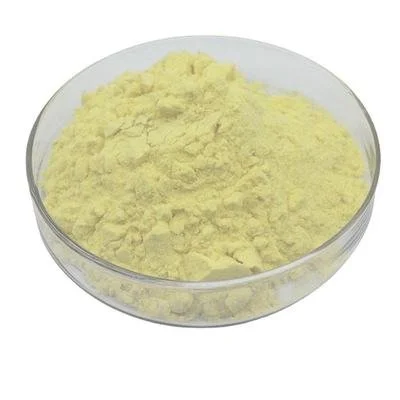
Scientific Evidence on Yacon's Low-Glycemic Properties
The growing interest in yacon as a low-glycemic sweetener has prompted numerous scientific studies to investigate its effects on blood sugar and overall metabolic health. While research is ongoing, several studies have provided compelling evidence for yacon's potential benefits:
- Glycemic Response Studies: Research has shown that consuming yacon syrup (a concentrated form of yacon) does not significantly increase blood glucose levels in healthy individuals, supporting its low-glycemic classification.
- Insulin Sensitivity: A study published in the journal "Clinical Nutrition" found that daily consumption of yacon syrup improved insulin sensitivity in obese women with insulin resistance.
- Weight Management: Some research suggests that yacon may aid in weight management, potentially due to its low calorie content and ability to promote feelings of fullness.
- Prebiotic Effects: The FOS in yacon have been shown to act as prebiotics, promoting the growth of beneficial gut bacteria. This effect may indirectly contribute to better blood sugar control through improved gut health.
It's worth noting that while these studies are promising, many have been conducted using yacon syrup rather than yacon powder. However, the underlying mechanisms are believed to be similar, as both forms contain high levels of FOS.
The scientific community generally agrees that yacon's low-glycemic properties make it a promising alternative for individuals looking to manage their blood sugar levels. However, as with any dietary change, it's important to consult with a healthcare professional, especially for those with diabetes or other metabolic conditions.
Conclusion
Yacon powder offers a unique combination of sweetness and potential health benefits that set it apart in the world of sugar alternatives. Its low glycemic index, coupled with prebiotic properties and natural origin, make it an attractive option for those seeking to reduce their sugar intake without sacrificing taste. As research continues to unfold, yacon's role as a low-glycemic sweetener is likely to become even more prominent in the health and wellness landscape.
Are you interested in incorporating yacon powder into your product line or learning more about its potential applications? At Xi'an Jiayuan Bio-Tech, we specialize in high-quality plant extracts, including yacon powder. Our team of experts is ready to assist you with any questions or inquiries you may have. Don't hesitate to reach out to us at sales@jayuanbio.com, sales1@jayuanbio.com for more information on how yacon powder can benefit your business.
References
1. Genta, S., et al. (2009). "Yacon syrup: Beneficial effects on obesity and insulin resistance in humans." Clinical Nutrition, 28(2), 182-187.
2. Ojansivu, I., et al. (2011). "Yacon, a new source of prebiotic oligosaccharides with a history of safe use." Trends in Food Science & Technology, 22(1), 40-46.
3. Delgado, G. T., et al. (2013). "Yacon (Smallanthus sonchifolius): A functional food." Plant Foods for Human Nutrition, 68(3), 222-228.
4. Caetano, B. F., et al. (2016). "Yacon (Smallanthus sonchifolius) as a food supplement: Health-promoting benefits of fructooligosaccharides." Nutrients, 8(7), 436.
5. Campos, D., et al. (2012). "Prebiotic effects of yacon (Smallanthus sonchifolius Poepp. & Endl), a source of fructooligosaccharides and phenolic compounds with antioxidant activity." Food Chemistry, 135(3), 1592-1599.
6. Geyer, M., et al. (2008). "Yacon (Smallanthus sonchifolius) as a novel source of health-promoting compounds: Antioxidant activity, phytochemicals and sugar content in fresh, dried and cooked tubers." Food Chemistry, 109(4), 751-758.

